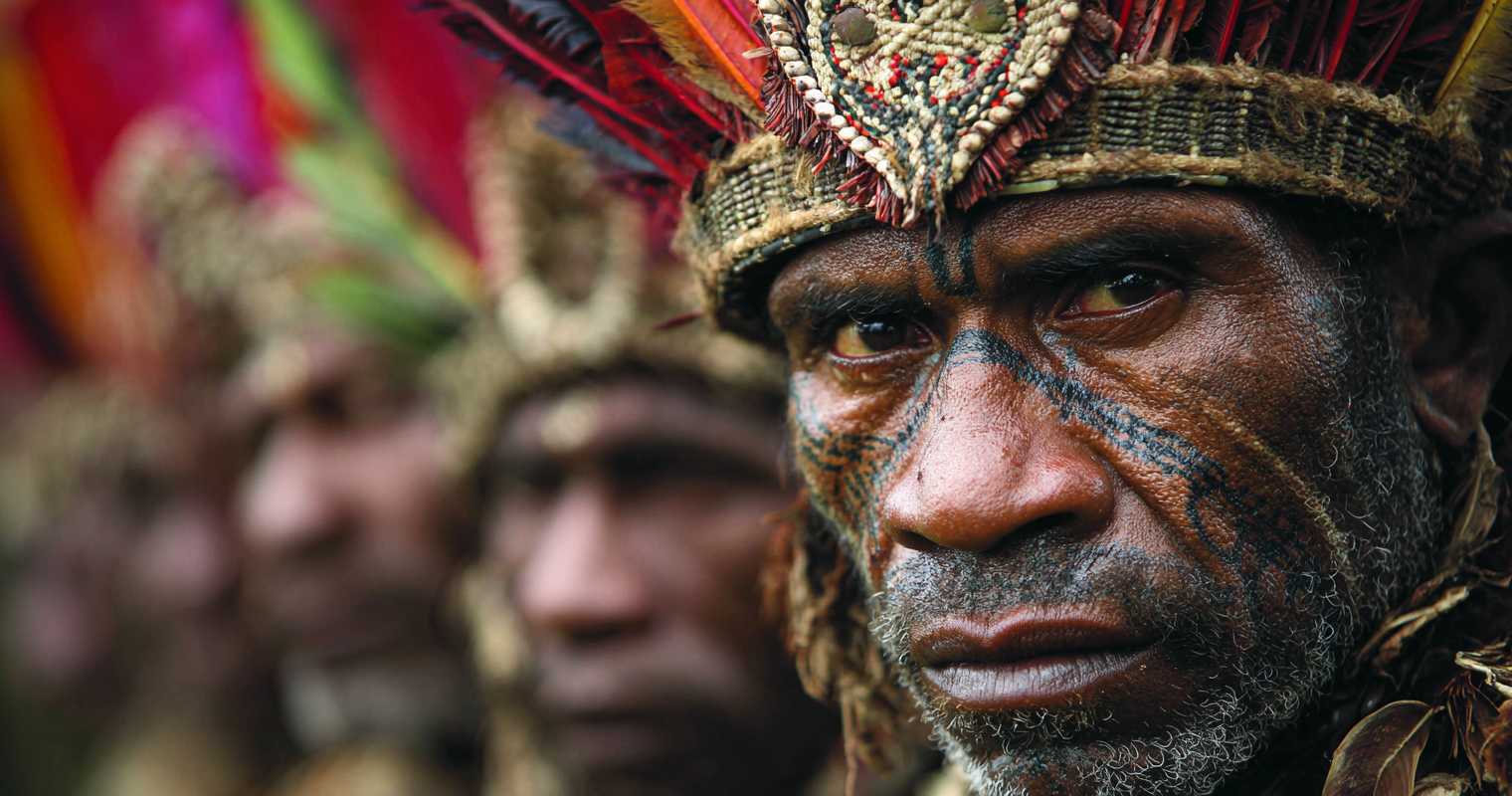
The Papua New Guinean History Quiz opens the door to a world where history lives in the songs, dances, and traditions of its people. This island nation, with its astonishing diversity, thrives on more than just breathtaking landscapes. Its culture flourishes in villages, where every ritual, every story, and every craft connects generations. From the lush highlands to the coastal plains, Papua New Guinea has always celebrated community and tradition as the foundation of its identity. Storytelling remains a central thread, preserving the wisdom and achievements of the past. This deep connection to heritage gives the country a rhythm that pulses through daily life.
The Papua New Guinean History Quiz also reveals how culture and history intertwine with extraordinary complexity. Over 800 languages reflect not only variety but also a commitment to preserving identity. Music, filled with the sounds of drums and bamboo flutes, reinforces this bond during festivals where entire villages come together. Traditional crafts like intricate carvings and vibrant bilum bags continue to pass from one generation to the next. These elements of culture are more than symbolic; they are living parts of the nation’s heart. Exploring this history is a chance to witness how heritage thrives in harmony with modern life.
9 Fun Facts About Papua New Guinea
- Papua New Guinea is home to over 800 spoken languages.
- The country hosts annual sing-sing festivals where tribes display traditional dress and music.
- Bilum bags, handwoven from plant fibers, are both practical and symbolic.
- Many villages build stilt houses above water for both function and tradition.
- The Asaro Mudmen are famous for their striking clay masks.
- Birdwatching is popular due to the presence of colorful bird-of-paradise species.
- Traditional tattoos often tell stories of ancestry and achievements.
- Kundu drums are central to many cultural ceremonies.
- Many communities celebrate harvest seasons with unique regional festivals.
5 Serious Facts About Papua New Guinea
- Community-based living continues to define the social structure of the nation.
- The country is one of the most culturally diverse nations in the world.
- Oral history plays a central role in preserving traditions and knowledge.
- Cultural festivals act as vital tools for intergenerational teaching.
- Traditional art and crafts remain a key part of economic and cultural life.
The Culture of Papua New Guinea
The Papua New Guinean History Quiz highlights a culture defined by both diversity and unity. Every region of the country has distinct customs, yet each contributes to a shared sense of identity. Highland communities showcase elaborate sing-sings, where participants wear feathered headdresses and paint their faces in dazzling patterns. Coastal villages celebrate with canoe festivals, blending artistry with seafaring skills passed down for centuries. These traditions are more than performances; they represent a living archive of history and pride.
Food and craftsmanship play equally important roles. From sago-based dishes in river regions to the taro and sweet potatoes of the highlands, traditional cooking reflects both geography and heritage. Artisans craft masks, sculptures, and woven goods, each item telling its own cultural story. These creations are not only functional but carry symbolic meaning that strengthens community bonds. Through these cultural expressions, Papua New Guinea’s history continues to live in every village.
The People of Papua New Guinea
The Papua New Guinean History Quiz celebrates the resilience and spirit of its people. Family structures are deeply rooted in respect for elders, who act as custodians of history and tradition. They guide younger generations in language, ritual, and daily practices that have endured for centuries. Village life thrives on collaboration, with shared tasks and ceremonies reinforcing strong communal ties. These customs create a sense of identity that reaches far beyond any single region.
Education has become an important tool for blending tradition with modern understanding. Schools often teach cultural heritage alongside academic subjects, ensuring that young people appreciate their roots. Music and dance remain integral parts of village celebrations, bringing generations together in vibrant displays of unity. In Papua New Guinea, history is not confined to the past—it lives in the present through the choices of its people. This harmony between old and new strengthens the cultural fabric of the nation.
The Legacy of Papua New Guinea
The Papua New Guinean History Quiz shows how this country’s history continues to shape its future. Cultural festivals attract both locals and visitors, serving as a living bridge between the past and the present. Museums preserve artifacts, while community events keep traditions active in daily life. These efforts ensure that cultural identity remains strong in a rapidly changing world. By valuing its heritage, Papua New Guinea safeguards its unique place in history.
The legacy of this island nation is not simply remembered; it is lived. Language preservation, traditional ceremonies, and intergenerational teaching all ensure continuity. Every celebration strengthens bonds within communities, reinforcing the values that have defined the country for centuries. Papua New Guinea’s story is a testament to the enduring strength of its people and their traditions. This legacy remains one of the most remarkable aspects of the nation’s history.
Papua New Guinean History – FAQ
Papua New Guinea gained independence from Australia on September 16, 1975, after years of gradual political transition and negotiations. This milestone marked the beginning of a new chapter for the nation as it embarked on a journey towards self-governance and sovereignty.
